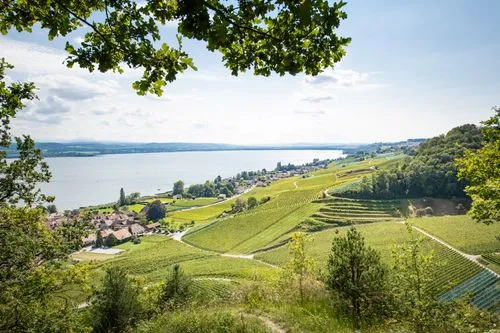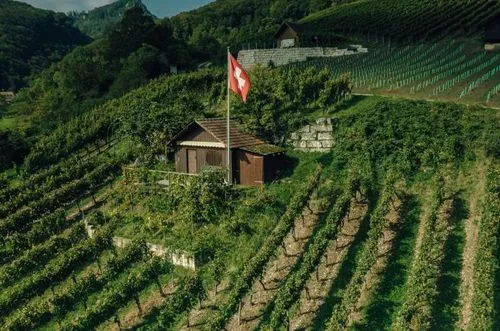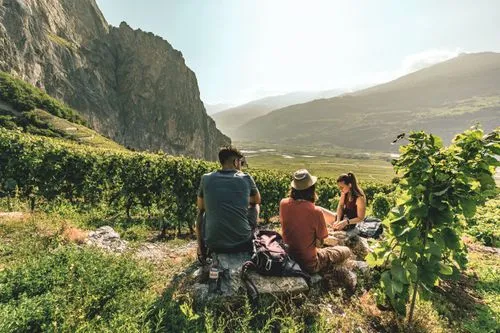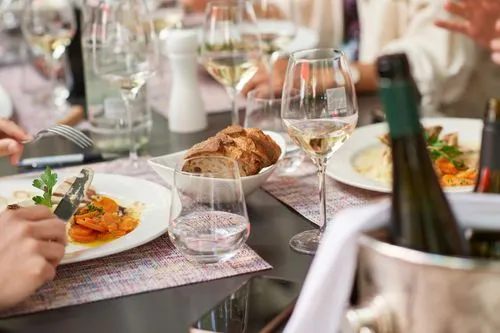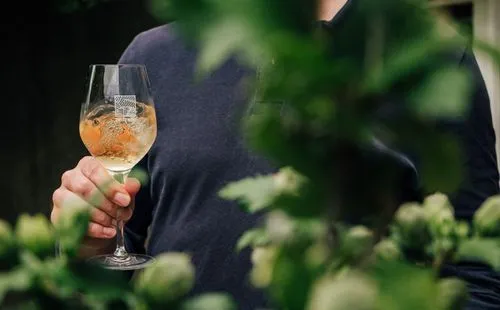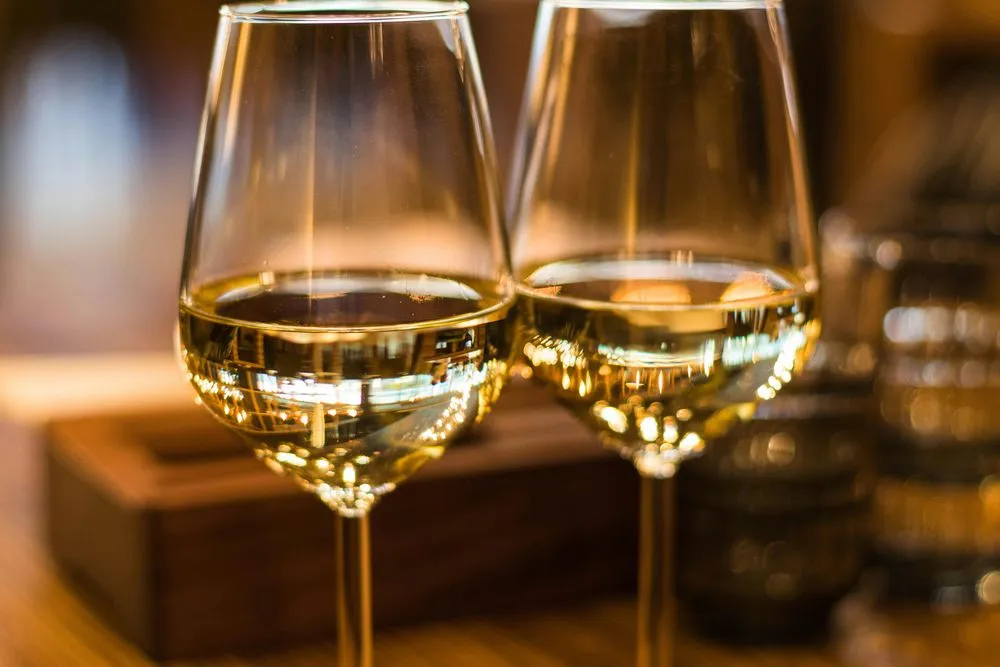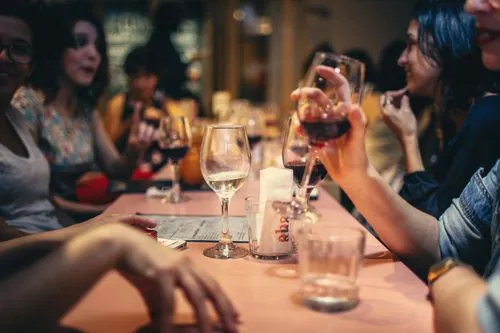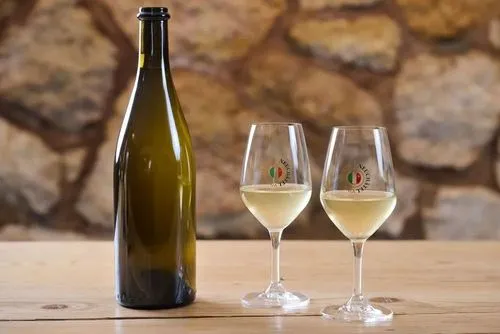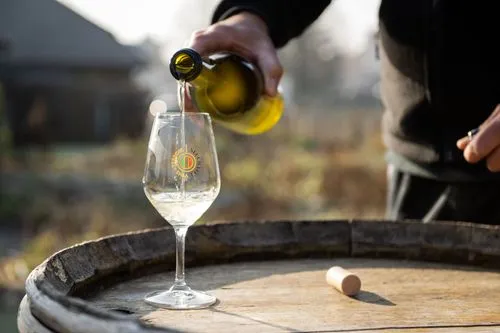Non-alcoholic wine in Switzerland: a growing trend
January is here, and with it Dry January: a time when many people consciously avoid alcohol. However, the trend is no longer limited to just one month of the year. More and more Swiss people are choosing alternatives to alcoholic beverages for a variety of reasons.
Accordingly, new non-alcoholic beverages are constantly coming onto the market. Whether white or red wine, rosé or sparkling wine: every type of wine is also available in a non-intoxicating version.
What is non-alcoholic wine?
Non-alcoholic wine is made from regular wine from which the alcohol has been carefully removed. Two different processes are commonly used for this, which largely preserve the taste and aromas of the wine.
In vacuum distillation, the wine is heated to 30–35 degrees so that the alcohol evaporates. In reverse osmosis, the wine is passed through special filters that separate the alcohol. Appropriate production facilities are required for both processes.
A common concern about non-alcoholic wine is that it cannot match the taste of its alcoholic counterparts. Indeed, it is a challenge to fully reproduce the complex flavour of a wine without alcohol, since alcohol is an important flavour carrier.
Mauler director expects rising demand
Due to the high costs involved, there are hardly any Swiss winemakers who offer alcohol-free wine. Nevertheless, the topic is very much on the agenda – for example at the traditional Mauler winery in Môtiers (NE). Founded in 1829, the winery specialises primarily in sparkling wines. ‘We are currently very much involved with alcohol-free wine,’ says director Caleb Grob.
So far, the company has various non-alcoholic grape juices with added carbon dioxide under the Cadet Mauler line. However, the company is considering adding ‘real’ wines to the line, which are de-alcoholised in the last production step.
As a sparkling wine producer, this is particularly suitable, says Caleb Grob. Thanks to the carbonic acid, it is easier to produce a non-alcoholic product that still tastes good than it is with red wine, for example. The Mauler director is convinced that the market for non-alcoholic wines in Switzerland will continue to grow. There is clearly a demand.
But the costs are a challenge: ‘It's an expensive product: you first have to make normal wine and then remove the alcohol from it,’ says Grob. However, hardly any customers are willing to pay more for wine without alcohol than for wine with.
First Swiss centre for dealcoholisation planned
Furthermore, there are currently almost no production facilities in Switzerland that can be used to dealcoholise wine. One of the few existing products is called ‘ZERO’ and has been on the market since December 2024. It is the result of a collaboration between the Vaud winery J. & M. Dizerens in Lutry, the oenologist Alexandre Moren from the company Oeno-Tech in Vétroz and Jean-Daniel Varone.
Another project is coming from the start-up La Vigneronne: it is planning the first Swiss centre for dealcoholisation in Perroy (VD). The facility there will one day be open to all interested Swiss winemakers. The project is still looking for investors.
At the same time, La Vigneronne has announced its intention to develop the first alcohol-free IP-Suisse-certified rosé. The wine is scheduled to go on sale in March 2025. These developments show that the range of alcohol-free Swiss wine will certainly increase this year.
Pretium
Related Articles
All the news about Swiss wines and exclusive reports.
To visit our site, you must be of legal drinking age in your country of residence.
